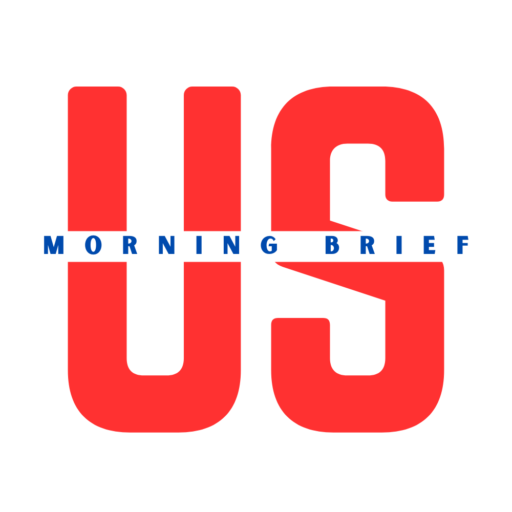In a landmark decision, a federal judge ruled that Google violated US antitrust law through its search business, marking a significant shift in the tech landscape with far-reaching implications. This ruling, delivered by US District Judge Amit Mehta, finds Google guilty of monopolistic practices, specifically under Section 2 of the Sherman Act, which prohibits monopolistic behavior and aims to promote fair competition.
The ruling comes as Google is under fire from House Republicans for distorting searches—including those about the attempted assassination of Donald Trump—to allegedly help Democrats.
The case against Google, initiated during the Trump administration, has been a focal point in the battle against big tech monopolies. The lawsuit accused Google of maintaining its dominant position through exclusive contracts with key players like Apple, ensuring Google’s position as the default search engine on most smartphones and web browsers. These agreements have stifled competition from rivals such as Microsoft’s Bing and DuckDuckGo, effectively blocking their market entry and innovation efforts. Additionally, Google’s pricing strategies in search advertising have reflected its monopolistic power, significantly affecting competitors’ ability to compete.
“After having carefully considered and weighed the witness testimony and evidence, the court reaches the following conclusion: Google is a monopolist, and it has acted as one to maintain its monopoly,” US District Judge Amit Mehta wrote in Monday’s opinion. “It has violated Section 2 of the Sherman Act.”
Judge Mehta’s ruling is a comprehensive critique of Google’s business practices. The court found that Google’s exclusive deals were anticompetitive, and the company’s dominance has led to behaviors that stifle competition. This decision is a rebuke of Google’s long-standing business model and could reshape its future strategies. Specifically, the ruling highlighted that Google’s exclusive contracts with Apple and other mobile ecosystem players were anticompetitive. The court also pointed out that Google’s high advertising prices are a consequence of its monopoly power, limiting options for advertisers and harming the competitive landscape.
The ruling opens new opportunities for competitors like Bing and DuckDuckGo by potentially breaking Google’s stranglehold on the search market. Increased competition could lead to innovation and more choices for consumers, fostering a healthier market environment. However, the transition could also bring temporary disruptions as the market adjusts to new regulations and competitive dynamics.
TechCrunch writes that “the ruling caps off a years-long case — U.S. et al. v. Google — that resulted in a 10-week trial last year. The Department of Justice and a group of attorneys general from 38 states and territories, led by Colorado and Nebraska, filed similar but separate antitrust suits against Google in 2020, alleging that Google unfairly blocked out would-be search rivals like Bing and DuckDuckGo. The Department of Justice estimated that Google had a 90% share of the search market, a figure that Google disputed.
The outcome of the case is a significant win for the Justice Department in an election year when former president Donald Trump would, should he win a second term in office, almost certainly take a decidedly more hands-off, deregulatory approach to tech. It may also impact the Justice Department’s second antitrust suit against Google, which alleges that Google illegally monopolized the digital ads market; arguments for that case are scheduled to begin September 9.
Judge Mehta has yet to decide remedies for Google’s behavior. But he could force the company to change the way it runs its search business — or order it to sell off parts of that business. The ruling could be appealed, of course, and the final verdict may differ significantly, as happened with Microsoft’s famed antitrust case in the 1990s.”
Google says it intends to appeal and defended its business practices as beneficial to consumers. Globally, the antitrust ruling against Google may prompt other countries to examine their regulatory frameworks to address monopolistic practices. The global tech industry may experience a ripple effect as regulators worldwide take cues from this landmark decision.
This article originally appeared on New Conservative Post. Used with Permission.
[Read More: Kamala Harris Picks Bidenomics Architect For Campaign]






